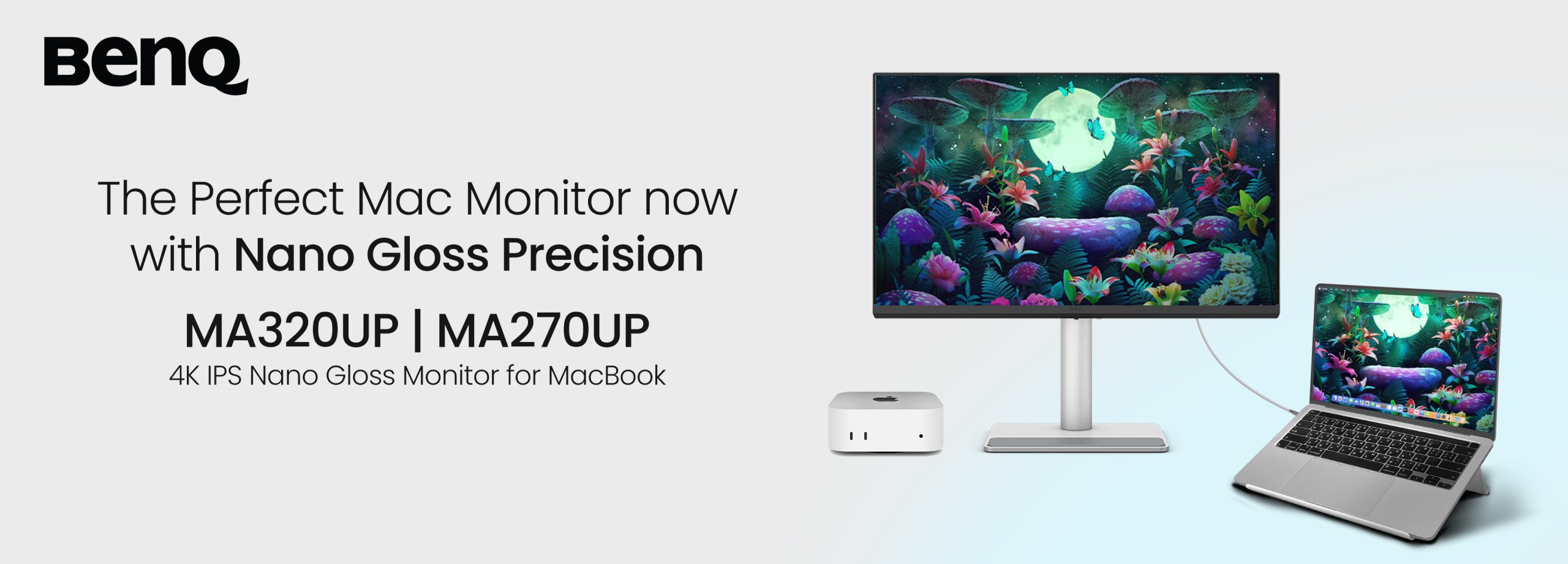Ever since the emergence of AI in the gaming industry, game developers have been programming software in a manner so that it acts as if it’s human and helps in making the digital world from the scratch through non-playable characters. However, at present, even the most out-of-the-box game design doesn’t spin around modern AI. Rather, it revolves around making a bunch of mind-boggling frameworks that result in emergent gameplay, which refers to complex situations in video games that emerge from the interaction of relatively simple game mechanics. The majority of the developers are making efforts in the direction of creating a sense of realism instead of game-breaking outcomes. The objective, in the end, is not to attain human-like intelligence, rather, it is to generate an experience that draws in and stimulates in a manner that imitates reality. Several giant game developing studios are gradually trying to push the envelope with regards to building frameworks that achieve the complexity of reality.
Although it may seem like Artificial Intelligence is a recent innovation in video games, it has been a developing resource for decades. It was incepted in the 1950s, and ever since those early years, AI has been an integral part of the gaming industry that has inclined to an incredible level of growth and development. Let’s explore further how AI transformed the gaming sector.
Smarter non-player characters (NPCs)
AI game developers make the best use of the technology by controlling the conduct of NPCs today. Earlier when the games didn’t have the opportunity to leverage AI, they used to become exhausting after playing for some time as it kept getting easier to defeat because of their anticipated behaviour. The real excitement and thrill of playing video games come from rivalling NPCs that respond erratically and surprise the players. Envision an FPS game in which enemies are equipped for breaking down their surroundings so that they can track down what’s significant for their endurance or make moves that seize your intelligent moves to increase their odds of winning. Moreover, imagine a scenario where they can learn from their behaviour and can seek shelter, perceive sounds and patterns, speak with one another and move in a manner you never saw or expected. Having new encounters despite playing such games numerous times keeps gamers energized and captivated to continue to return. A pioneer in game development can assist you with building such games that gamers enjoy playing for extended periods. The advent of AI has provided opponents with the capacity to securely explore in a dynamic environment without colliding with different entities.
Real-time customisation
AI has redesigned the general gaming experience by continuous customisation of situations. Besides, AI makes a game more interactive by enhancing the experience of playing. For example, in case your team is losing, it will urge the fans to support your team to lift the morale and cause your players to perform better. Such a tendency of AI has now taken the general gaming experience to an all-new level.
The shift in difficulty levels
Another excellence of AI-planned video games is player-experience modelling, which implies giving tailor-made insight to players in real-time according to their level of mastery. For instance, if the gamer is inexperienced, the AI possesses the potential to change its level and turn on the easy mode so that s/he doesn’t get baffled or exasperated for not being sufficiently equipped to make further progress in the game. Conversely, if s/he is an expert-level player, the AI will make the game difficult so that the player doesn’t get exhausted or bored. It can also determine the intent of a player through gesture recognition which empowers players to convey and cooperate with video games normally with no mechanical gadgets.
Generation of procedural content
The technology has allowed the developers to consequently produce creative content, similar to scenes, things, levels, rules and quests. The gamers can now create weapons and armour based on the character level if they utilise procedural content generation in quest-driven games.
Summing Up
The inception of Artificial Intelligence has made video gaming a lot more exciting as it has the power to provide unprecedented situations by altering the flow and force of the games. It would be more than appropriate to say that there’s nothing preferable for a player over getting fantastic as well as challenging experience simultaneously. As the future unfurls, we are going to witness an ever-increasing number of games with AI regulators which will improve the experience of the end-users like never before. Furthermore, AI will prove to be a testing ground for the developers to work on their code and configuration for creating an avant-garde game. Certainly, AI solutions have transformed the Indian gaming industry for the better.
About the Author

Stewart Neal is the Studio Director of Sumo India Studios, an award-winning network of game development studios. With over 22 years of experience in the gaming industry, Stewart leads Sumo India’s Pune and Bangalore studios.











Leave a Reply